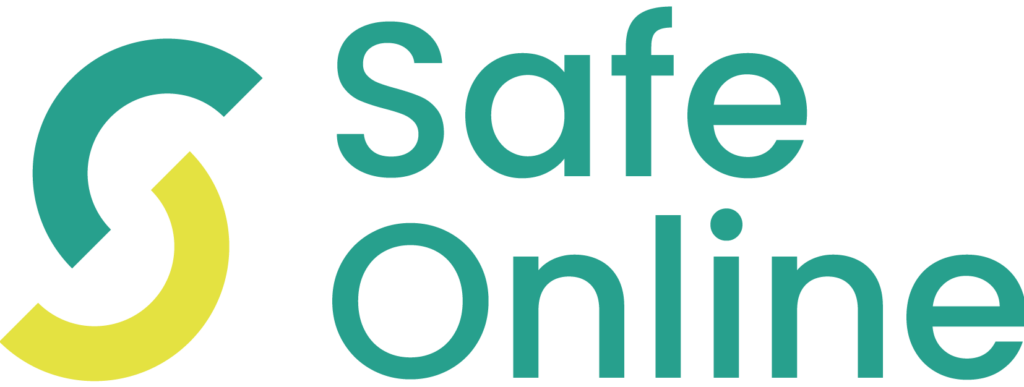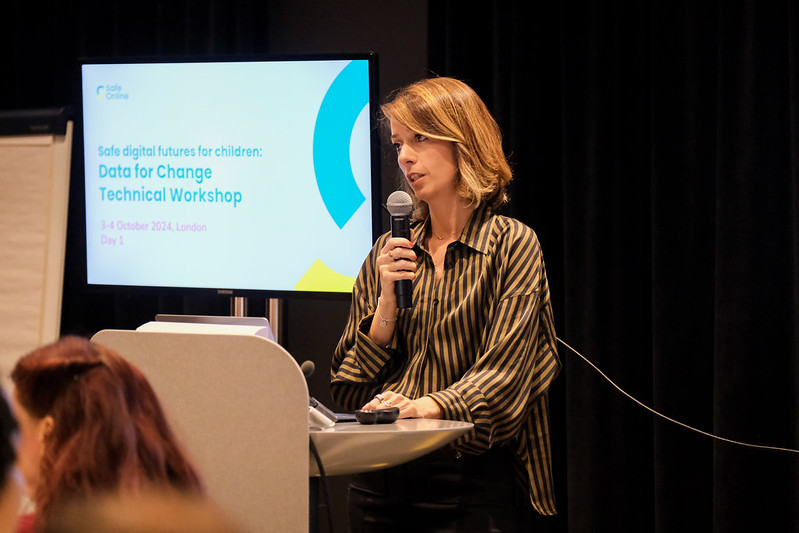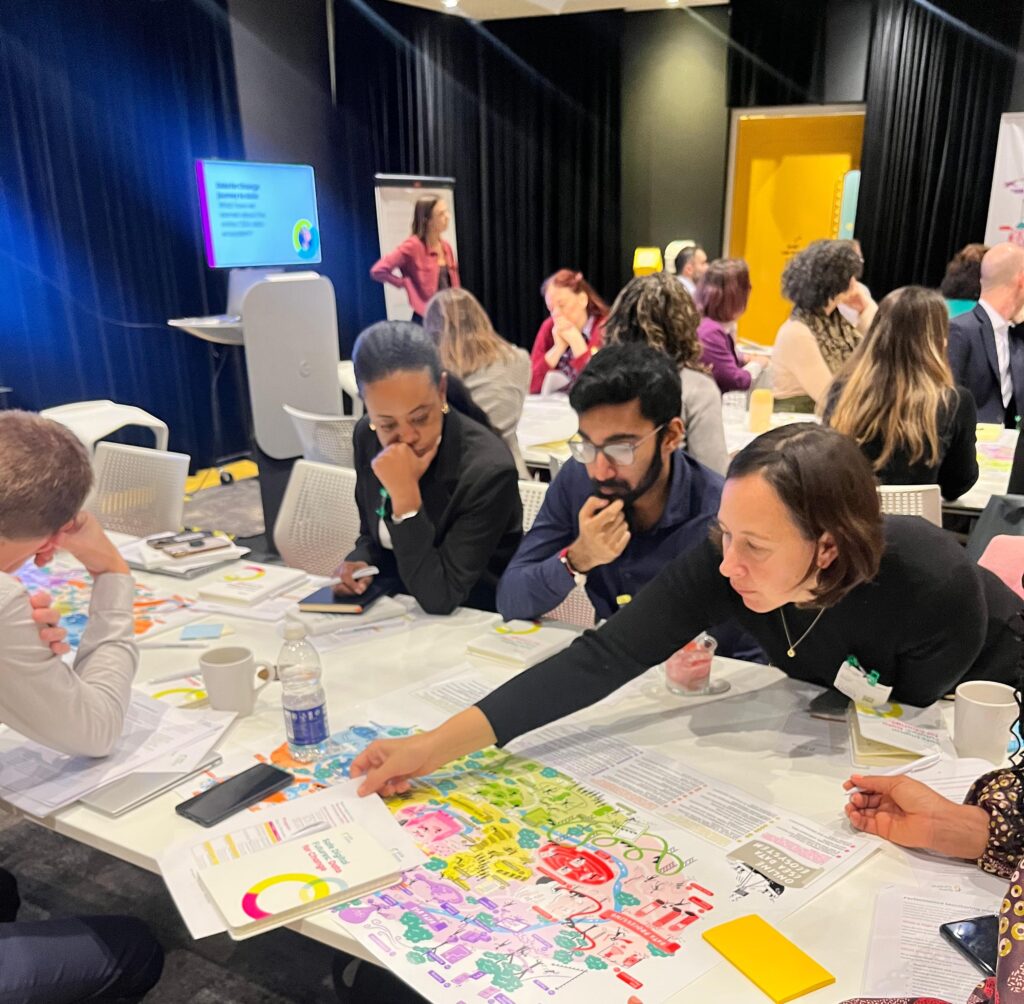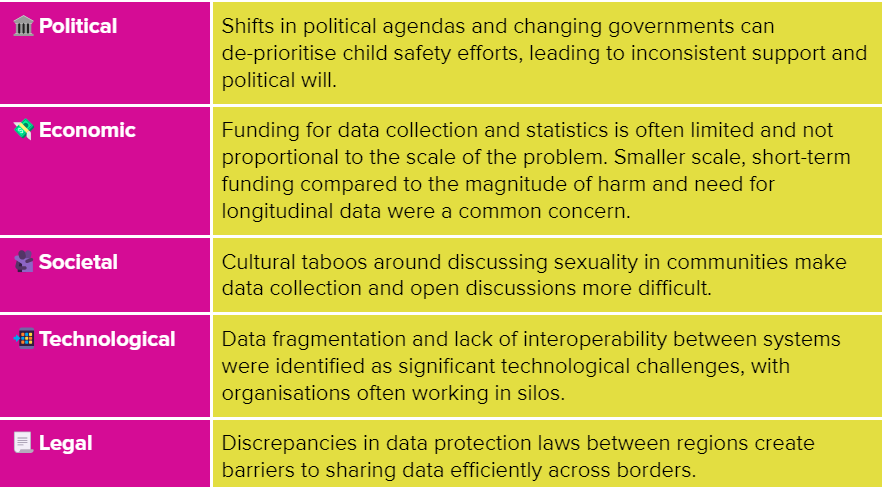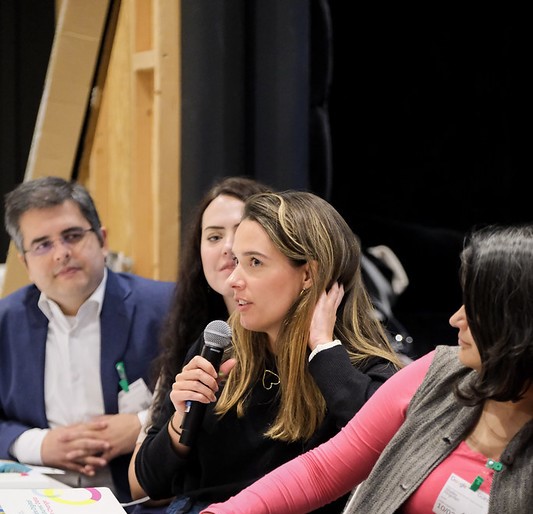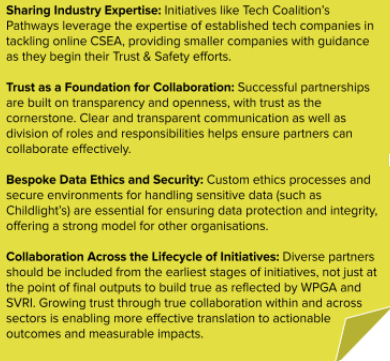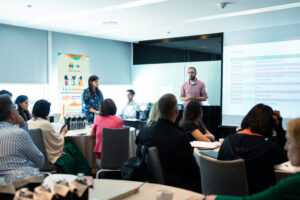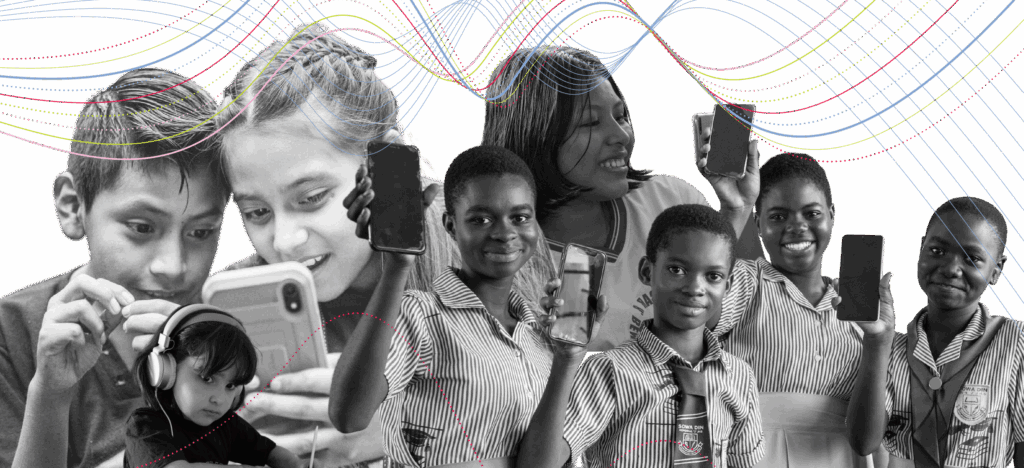
Press Release: Global coalition tackles AI nudification tools, Grok & others
Elon Musk’s free and accessible AI system, Grok, has generated an estimated three million non-consensual nude images, triggering an urgent global response. A coalition of 107 leading child-protection and humanitarian organisations has united to confront what they describe as an unacceptable threat to human dignity and child safety.
